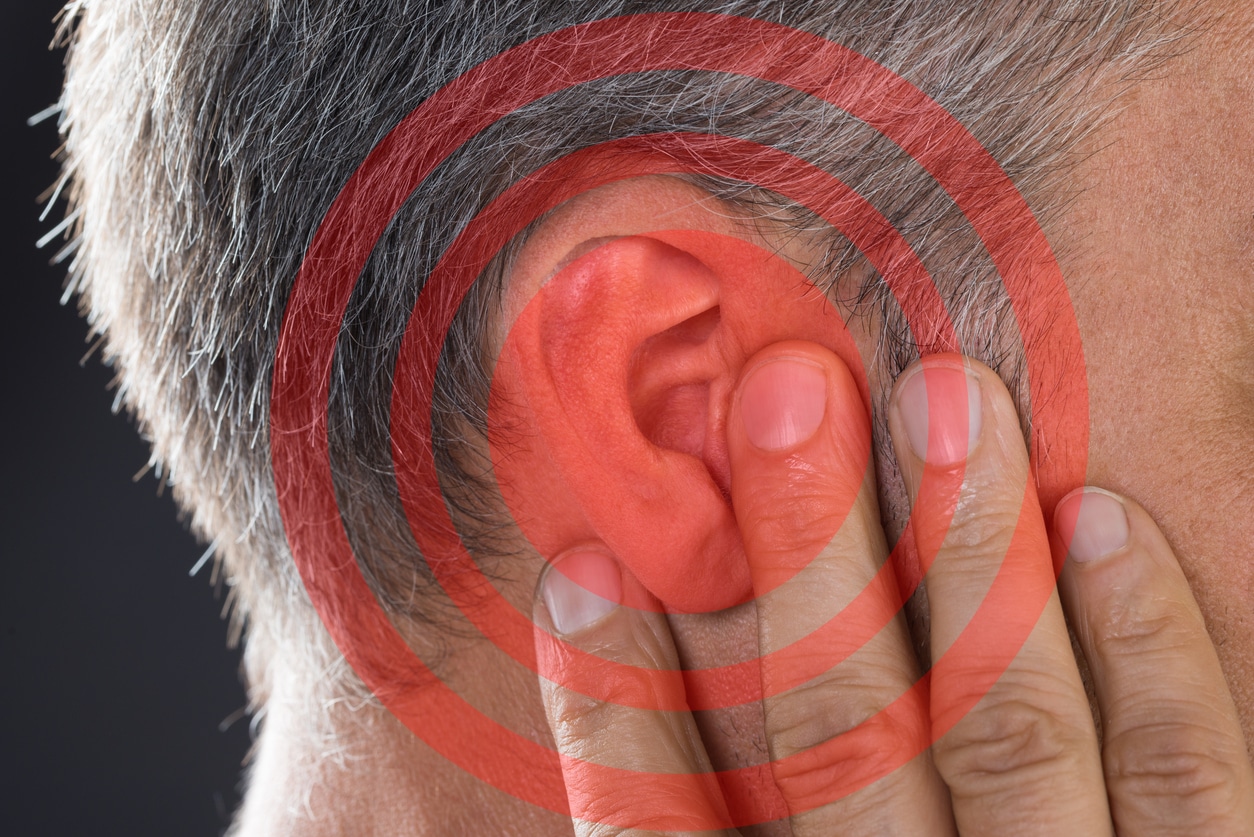A rhythmic whooshing or pulsing sound in your ear is a form of tinnitus called pulsatile tinnitus. Unlike common tinnitus, which often sounds like ringing or buzzing, this rare form beats in sync with your heartbeat.
Pulsatile tinnitus isn’t a condition on its own. It’s usually a sign of an underlying issue, like cardiovascular disease. The key to finding relief is identifying and treating the root cause.
Let’s explore some of the most common causes of pulsatile tinnitus and what you can do to manage it effectively.
Atherosclerosis

Atherosclerosis is a hardening of the arteries, which can disrupt blood flow. The uneven blood flow makes more noise than a smooth flow, affecting the arteries close to your ears and leading to pulsatile tinnitus.
Common treatments for atherosclerosis include:
- Lifestyle changes, including avoiding tobacco products, following a heart-healthy diet and getting regular physical activity
- Medications that lower blood pressure or cholesterol, prevent blood clots and manage blood sugar
- Surgery to help prevent severe blockages and complications
Anemia
Anemia occurs when your body doesn’t have enough healthy red blood cells to carry oxygen efficiently throughout your system. This can cause your heart to work harder, increasing blood flow and putting extra pressure on your blood vessels, sometimes resulting in a pulsing sound in your ears.
The most common type is iron-deficiency anemia. If this is the cause, your healthcare provider may suggest iron supplements or changes to your diet to help restore healthy iron levels and improve symptoms.
Hypertension
Hypertension, or high blood pressure, occurs when the force of blood against your artery walls is consistently too high. This increased pressure can affect the delicate blood vessels near the ears, sometimes causing a pulsing or whooshing sound.
In some cases, you can lower your blood pressure with lifestyle modifications, including but not limited to:
- Maintaining a healthy weight
- Eating a diet rich in fruits, vegetables and whole grains
- Reducing salt intake
- Exercising regularly
- Limiting alcohol
If hypertension is severe, you may require medications to lower blood pressure.
Other Possible Causes of Pulsatile Tinnitus
A few other causes of pulsatile tinnitus include sinus wall abnormalities, arteriovenous malformations (tangles of blood vessels), middle ear tumors, head trauma, hyperthyroidism and Paget’s disease.
Managing Pulsatile Tinnitus Through Hearing Care
In addition to addressing the underlying condition, you can manage tinnitus through a few hearing and relaxation-focused techniques, including:
- Hearing aids and sound machines to mask the pulsing with calming noises
- Cognitive behavioral or acceptance and commitment therapy to help redirect negative responses to the pulsing
- Reading, meditating, classes at Beyond Hot Yoga and other activities that help you relax
If you’ve been struggling with pulsatile tinnitus, contact ENT Specialists Of Northern Virginia today to schedule an evaluation with one of our specialists.